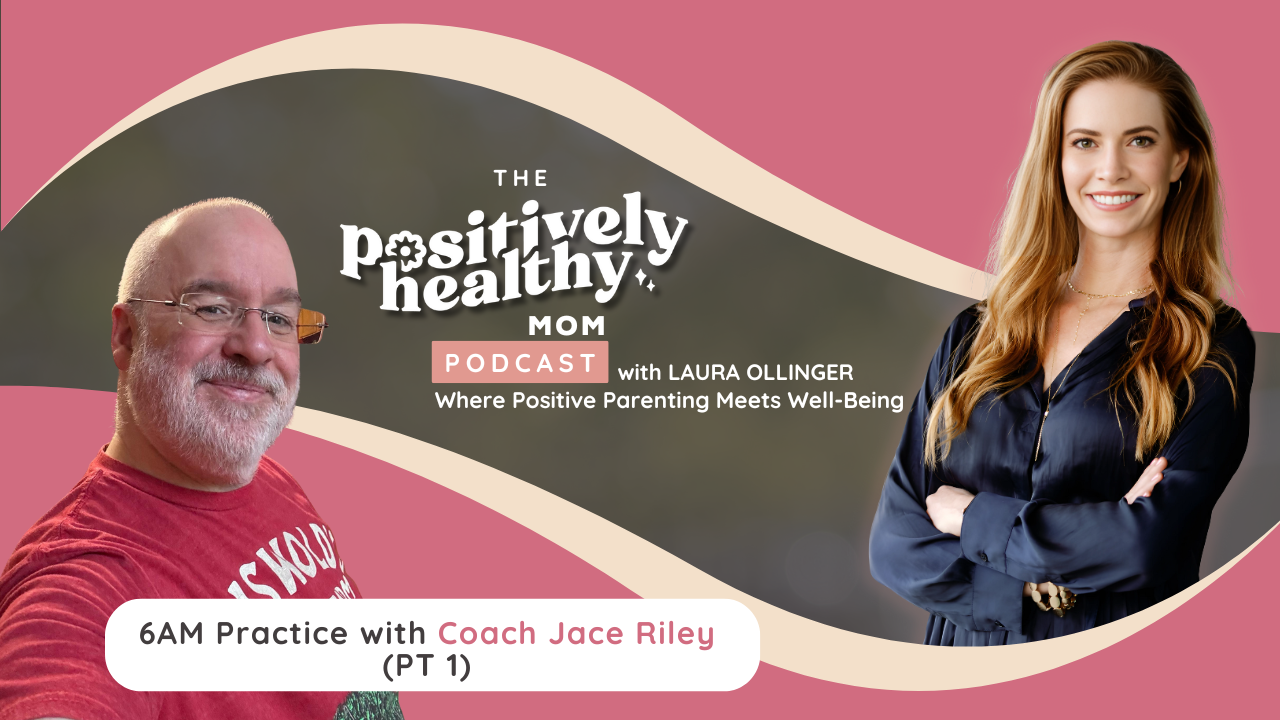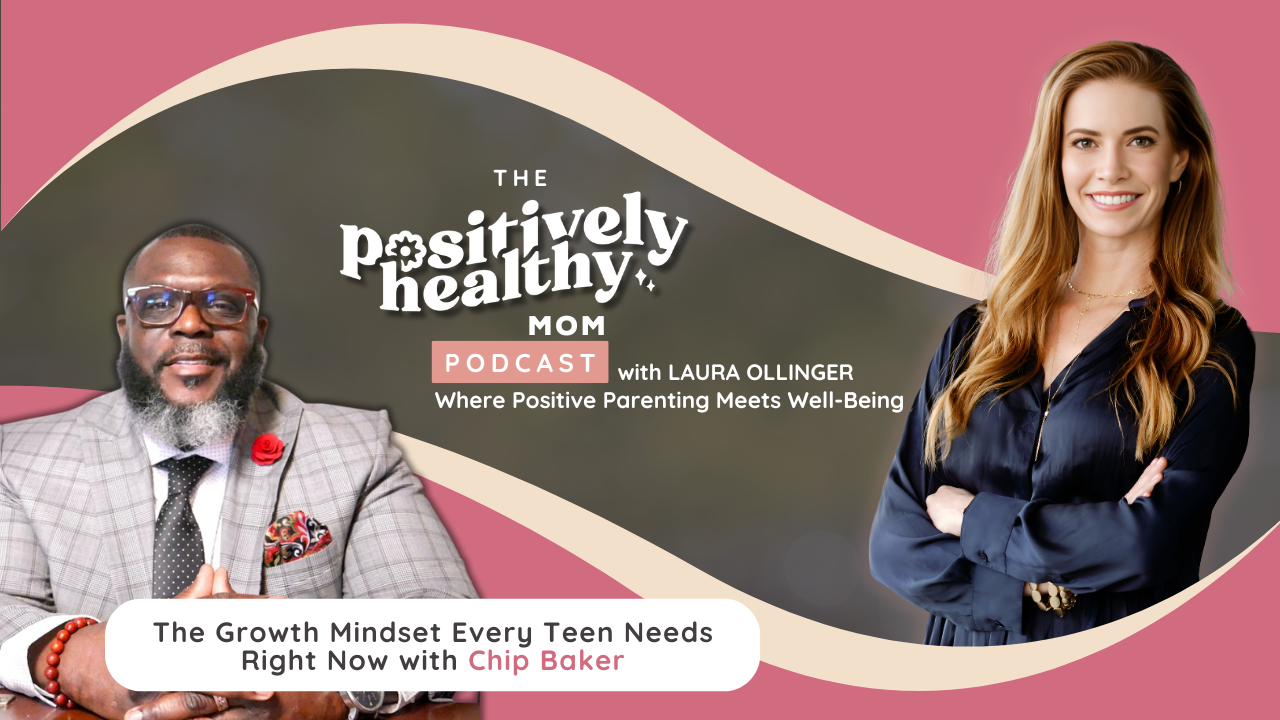Teenage Mindset Reset
At its highest level, coaching is about helping someone figure out what they want in life, identifying the obstacles, and determining how they will achieve those desires. Most people don't know what's standing in their way of achieving their dreams because they've never thought about it before. And, even if they've figured that part out, they don't have a system for holding themselves accountable and a method for measuring progress.
All too often, people get excited about something new. A New Year's resolution, for example, people go bonkers for becoming a newer, better version of themselves. But, according to research, only 9% of Americans successfully stick to their resolutions. The researchers can predict which day people will fall off, and January 19th has been dubbed "Quitter's Day."
So what does this have to do with teenagers?
Because teenagers have limited experience, they often don't know what their options are or even that they have options. And by options, I don't mean what college they want to attend or their career path.
I mean choices around their mindset. Mindset is a set of beliefs that determine how you view the world. Teenagers don't realize they have a choice in how they want to show up in the world. This may sound super obvious, but some teenagers are grumpy just because it has never occurred to them to be happy. They take on the identity of a moody teenager only because they assume that's their only option.
Being happy is choosing a set of thoughts to believe about experiences. Yes, there's a significant element of gratitude in this because it's impossible to be truly grateful and feel a negative emotion simultaneously. (More on gratitude coming in November.)
What I'm getting at is your focus is what matters. You could have 99 bad things happen in a day, but if you choose to focus on the 1 thing that went well, you can still be happy.
Learning to control your mindset and your focus is a skill. Of course, there's always a genetic component to this, as well as biological factors. Think of the endorphins you get from working out. That alters your mood as well as mindset temporarily. But, as the brain matures over time, it can be trained to focus on the positive.
Just know your teenager isn't stuck with a mood, an attitude, elements of their personality, etc. To some extent, everything is up for negotiation. The brain is constantly rewiring depending on its focus, and that's what neuroplasticity is all about.
I'm not saying happiness is always the goal, and I'm not a toxic positivity person who doesn't acknowledge pain, sadness, loss, etc. I do believe every emotion has its time and place. After all, emotions are a vehicle for communication, and they tell us when something is wrong or when something is right.
I am saying that people have a choice, and most of the time, people aren't aware they have options.
What can parents do?
It's a teenager's job to resist their parents, and they a biological hard-wired to do that because they are preparing to leave the nest. As much as you want them to listen and take all your advice, they'd probably never leave you if they did that. (Maybe some of you want that, but deep down, you know that's not what's best for them.)
You want them to have goals and dreams, and you want them to be happy, but since you can't convince them of this, how can you make them want this for themselves? A law of human physics states that the more a person tries to "convince" someone, the more the other person will "resist." It's a convincer/resister dynamic. Think of opposing magnets. How can you bypass this dynamic?.... by giving them ideas without convincing them.
Strategy #1: Suggest a different possibility
Example:
Teen - "My day sucked. And I flunked my test. I'm exhausted."
Parent - "Oh no. I'm sorry. That makes so much sense. Yes, you must be tired and that's a bummer about your test. I wonder if there are any good parts about your day that maybe you've overlooked."
That's it. You don't try to convince them there's a bright side, and you don't even ask them a question about what was good because they will say "nothing."
Strategy #2: Lead by example
Example:
Teen - "My day sucked. And I flunked my test. I'm exhausted."
Parent - "OMG. Me, too! My meeting ran long so I missed my hair appointment. I had so much go wrong today, but I found something right. I was feeling bad so I decided to call my old college roommate. We had the best time catching up."
This is laying out a successful formula. Things can go wrong, and you can still find a way to turn your day around.
Strategy #3: Pattern Interrupt
Example:
Teen - "My day sucked. And I flunked my test. I'm exhausted."
Parent - "Oh no. I'm sorry. You know what I do when I feel like that?"
Teen - "What?"
Parent - Grabs phone. Blasts loud cheesy dance music and sings along. (i.e., Lady Gaga's "Just Dance.")
Teen - laughs. "Mom, you are so weird."
Parent - "I know. It's fun to be weird. Dance with me."
Teen - laughs again
Parent - thinks to self, "See, I knew we could turn this day around for you."
The moral of the story:
You aren't stuck with a mindset, and it's always changeable. Sometimes, our kiddos need a little help in seeing other possibilities.
If you’d like to talk more about how I can help you or your teenager (or both), SCHEDULE A CALL WITH ME.
Warmly,





